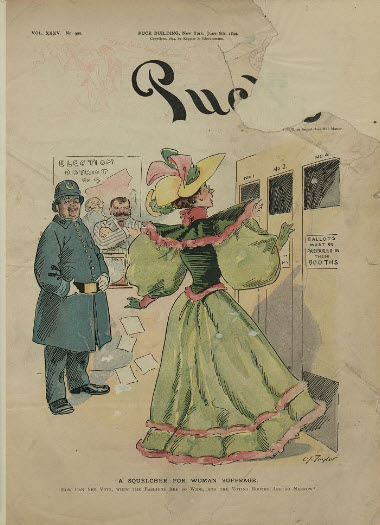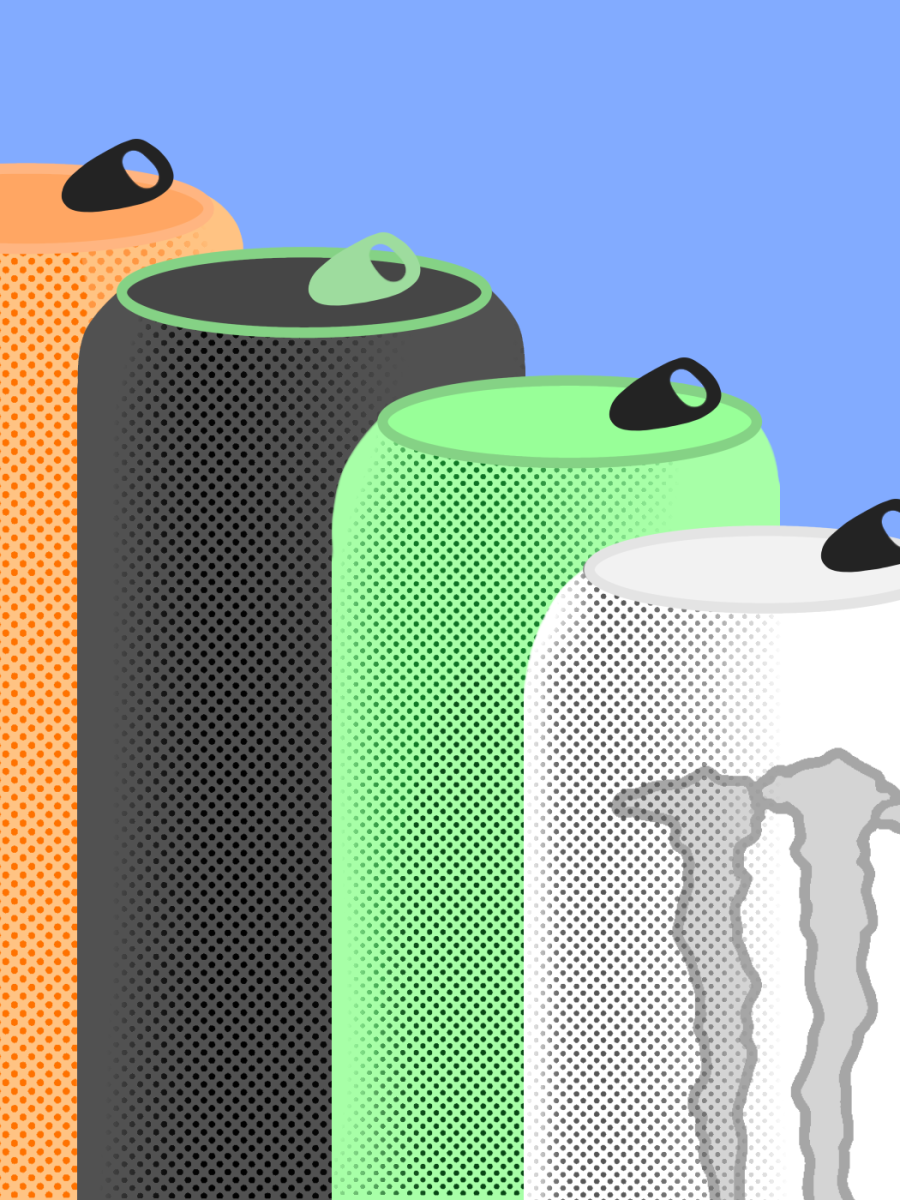All students have been there, whether it’s a final paper, exam, or project worth 70% of your grade. You find yourself chugging down some sort of energy drink that seems like liquid gold. Although they may provide you with quick bursts of efficient energy, there are negative long-term effects on heart health.
The Nursing Club, which strives to promote leadership and fellowship while cultivating the science and art of nursing, and which strives to fulfill the role of ambassadors of health promotion, decided to explore evidence-based research pertaining to long-term consumption of energy drinks.
In a 2018 study in The Anatolian Journal of Cardiology, researchers exposed four groups of laboratory rats to energy drinks. The rats were tested and dissected to examine heart muscle. The study showed that the rats exposed to energy drinks had suffered an increase in the concentration of glycogen around their heart muscle. Glycogen is a bodily source of energy, also known as glucose. This increase in glycogen has been linked to various health disorders and heart arrhythmias. Palpitations, hypertension, and death have all been linked to long-term energy drink consumption.
Production of these energy drinks has soared over the past decade. Companies such as Coca-Cola and PepsiCo have created their own trademark energy drink. Along with social media influence and tasteful flavors and bright colors, these energy drinks have caught the eyes of many, especially young teens. It is important to spread awareness of the harmful long-term effects of these drinks because many people are unaware and just see them as “helpful.”
Promoting regular sleep habits, eating nutritious foods, and drinking plenty of water can help enhance brain function naturally without the use of these damaging beverages. Ditching these artificial beverages will not only make you feel more energized, but your heart will thank you later!



























